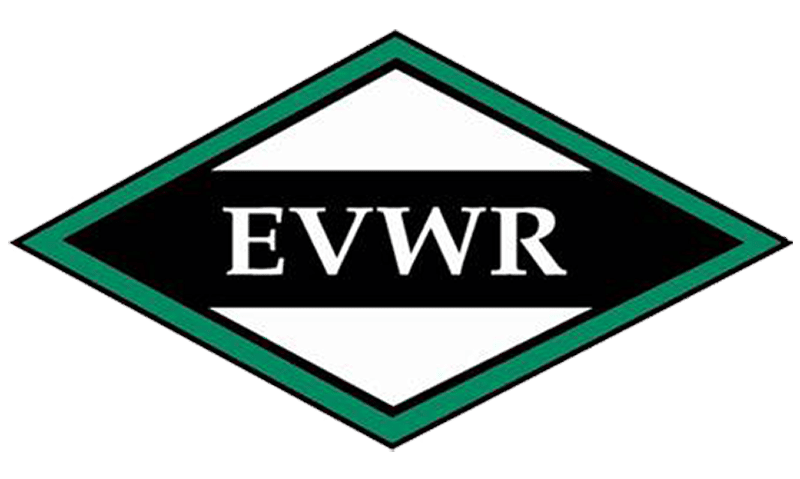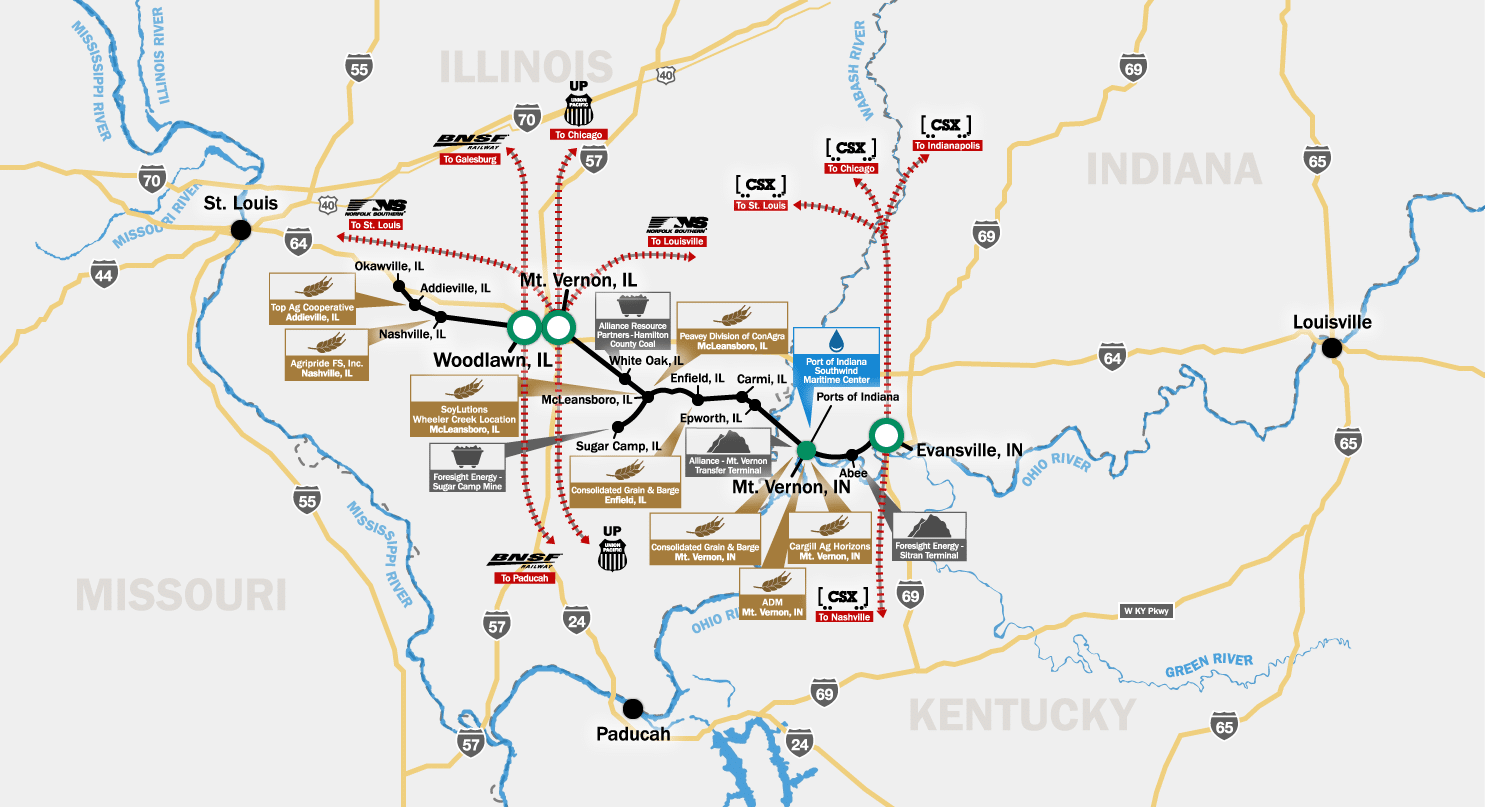OUR COMPANY
ABOUT US
Company Profile
The EVWR is strategically located in the heart of the nation’s highway and inland waterway system, with a rail-barge transfer facility on the Ohio River at the Port of Mt. Vernon, IN. Our railroad connects with the UP and NS at Mt. Vernon, IL; with the BNSF at Woodlawn, IL; and with the CSXT at its Howell Yard in Evansville, IN. We serve over 30 on-line customers and handle a variety of commodities including coal, grain and food products, chemicals and fertilizer, lumber and other building materials.
The EVWR is a privately held corporation and subsidiary of P&L Transportation, Inc., a Delaware Corporation.
Transparency in Coverage – Anthem
This link leads to machine-readable files that are made available in response to the federal Transparency in Coverage Rule and includes negotiated service rates and out-of-network allowed amounts between health plans and healthcare providers. The machine-readable files are formatted to allow researchers, regulators, and application developers to more easily access and analyze date.
Current Career Opportunities
Locomotive Repair Worker (electrician)
Location
Mt. Vernon, IN
Job Summary
Locomotive Repair Worker (Electrician)
A locomotive repair worker is responsible for the inspection, maintenance, and repair in compliance with Federal standards of all EVWR-owned locomotives.
Position requires electrical ability and the ability to work outdoors/non-environmentally controlled settings. Depending on seniority, the position may require the employee to have or obtain a CDL. The company provides all necessary tools and safety equipment.
A locomotive repair worker will work a day shift, afternoon shift, or night shift based on seniority and may include a non-standard work week. Employees may be required to travel to other locations on our railroad during the course of their work shift. Employees are subject to callout in the event of a derailment or other emergency.
Locomotive repair workers are hired into an apprenticeship program. Benefits and a graduated union pay scale start on the first day of employment.
All employees (and trainees) are subject to Federal drug/alcohol testing programs and Federal Safety Rules.
Posted: 8-28-2025
Assistant Trainmaster
Location
Mt. Vernon, IN
Job Summary
Assistant Trainmaster
Evansville Western Railway, Inc. is currently hiring for an Assistant Trainmaster for the Mount Vernon, IN location. This position is responsible for direct supervision of train and engine personnel in terminal and line of road in accordance with FRA, AAR, and Company rules, policies and regulations. All necessary safety procedures, guidelines and policies must be adhered to in the performance of the tasks assigned to this position as set forth below. This position is responsible to maintain all employee privacy and confidentiality provisions as required by local, state and federal laws and guidelines.
Essential Duties and Responsibilities include the following. Other duties may be assigned.
- Responsible for controlling costs and maintaining efficiency
- Responsible for the direct supervision of train and engine personnel in terminal and line of road
- Responsible for monitoring employee’s performance and conducting operational efficiency tests and safety performance observations.
- Responsible for assuring customers receive prompt service.
- Works with customers and representatives of all railroad departments.
- Responsible for training and examining employees on operating and safety rules.
- Responsible for accident and derailment investigation.
- Responsible for conducting or assisting with formal disciplinary investigations.
Qualifications:
To perform this job successfully, an individual must be able to perform each essential duty satisfactorily. The requirements listed below are representative of the knowledge, skill, and/or ability required. Reasonable accommodations may be made to enable individuals with disabilities to perform the essential functions.
- Valid driver’s license and proof of insurability.
- Thorough knowledge of railroad operating rules and practices.
- Thorough knowledge of dispatching systems and methods.
- Through knowledge of federal regulations and requirements.
- Thorough knowledge of the railroad layout and planning process.
- Working knowledge of the collective bargaining agreement.
- Able to work in a self supervised environment.
- Attends work on a regular basis.
- Works well with superiors and subordinates in a team environment.
- Adheres to deadlines and schedules.
Supervisory Responsibilities:
Directly supervises employees. Carries out supervisory responsibilities in accordance with the organization’s policies and applicable laws. Responsibilities include interviewing, hiring, and training employees; planning, assigning, and directing work; appraising performance; rewarding and disciplining employees; addressing complaints and resolving problems.
More information can be found at:
https://www.indeed.com/viewjob?jk=c58ae78f592097a9&from=shareddesktop_copy
Posted: 08/14/25
Careers
The EVWR accepts online applications and resumes. All applications and resumes are retained on file for one year.
Please state your area of interest (or department) in your cover letter.
By Mail Resumes
Evansville Western Railway, Inc.
200 Clark Street
Paducah, KY 42003
FAX: 270-444-4364
Online
Online Resumes and cover letters may also be submitted by email to hr@evwr.com.
FAQ
How do I contact the Railroad Retirement Board?
Phone: 877-772-5772
Or check out their website at https://rrb.gov/
How can I buy railroad ties?
The EVWR does not have railroad ties for sale to the public.
Can I take photographs of trains?
Safety is the prime importance to the EVWR. We do not allow anyone other than employees on railroad property without prior, written authorization.
All trespassers will be prosecuted!
Can I ride on your trains?
The EVWR is a FREIGHT railroad. We do NOT operate a passenger service.
How do I do business with your railroad?
Your “first line” of contact is the EVWR’s Marketing Department. Anyone in that Department will readily assist you. Refer to the Marketing Department’s contact listings under the “Contact Us” section of the website.
My business is not rail-served. How can I take advantage of rail transportation to ship my products or receive raw materials?
There are many industries not directly rail-served which can still enjoy the benefits of rail transportation.
Team Tracks (available free of charge to the general public for loading and unloading of product to/from railcars) are located in many cities along the EVWR; contact the EVWR’s Marketing Department for further details.
Several transloads are served by the EVWR; these provide loading/unloading, warehousing, and trucking services between rail car and an industry.
How do I know what it will cost to transport my product by rail?
Before 1981 most rail rates were established through rate bureaus.
Since the Staggers Act of 1981, however, rail carriers have basically had the freedom to price according to the market. Many “public” prices are found on each carrier’s web site; these can be utilized for many movements. Confidential rates, however, are in many instances negotiated for competitive, volume movements by contacting the serving railroad’s Marketing Department.
Most rates are based upon (1) the product and volume to be shipped, (2) cost—which roughly corresponds with the distance moved, (3) equipment type, availability, and ownership, and (4) market conditions and competition. Railroad freight rates include the empty return of a rail car to the point of origin.
My company doesn't own rail cars, can I still ship by rail?
What type or rail cars are available? How much can I ship in a rail car?
All rail cars in Mexico, the U.S.A. and Canada are listed in the “Equipment Register” and those operating on U.S. railroads must meet the Association of American Railroads (AAR) and federal government construction standards for safety and interlining (movement between railroads), and must be maintained to those standards.
The common freight cars are: box, flat, covered hopper, open top hopper, tank, and gondola, each costing from $40,000 for a standard railcar ordered in quantity, to over $200,000 for a specialized tank car. Special cars include the heavy duty flat, refrigerated box, pneumatic and pressure differential covered hopper, auto rack flat, 90′ pole flat, 80′ high-cube boxcar. 24′ open top ore hopper, and many others.
All railcars are 9.5 feet wide, give or take 10 inches, and range from 24′ to 90′ in length. Most are 10 to 12 feet high—except for flat cars which are, of course, flat, and gondolas usually have 3′ to 4′ high sides. Car height is measured from the floors of rail cars, which are 3.5′ to 4.5′ above the top of the rail.
Most rail cars’ load capacities range from 120,000 pounds (some boxcars and special cars for lighter commodities) to 200,000 pounds (most newer cars of all types). Some special tank cars and heavy duty flat cars for moving electrical transformers and equipment carry much more tonnage. The load capacity and empty tare weight is stenciled on the side of every railcar. Normal maximum gross weight (total weight of rail car and its contents) is 286,000 pounds.
HAVE ANY FURTHER QUESTIONS?
CONTACT US
© 2026 Evansville Western Railway, All Rights Reserved.


